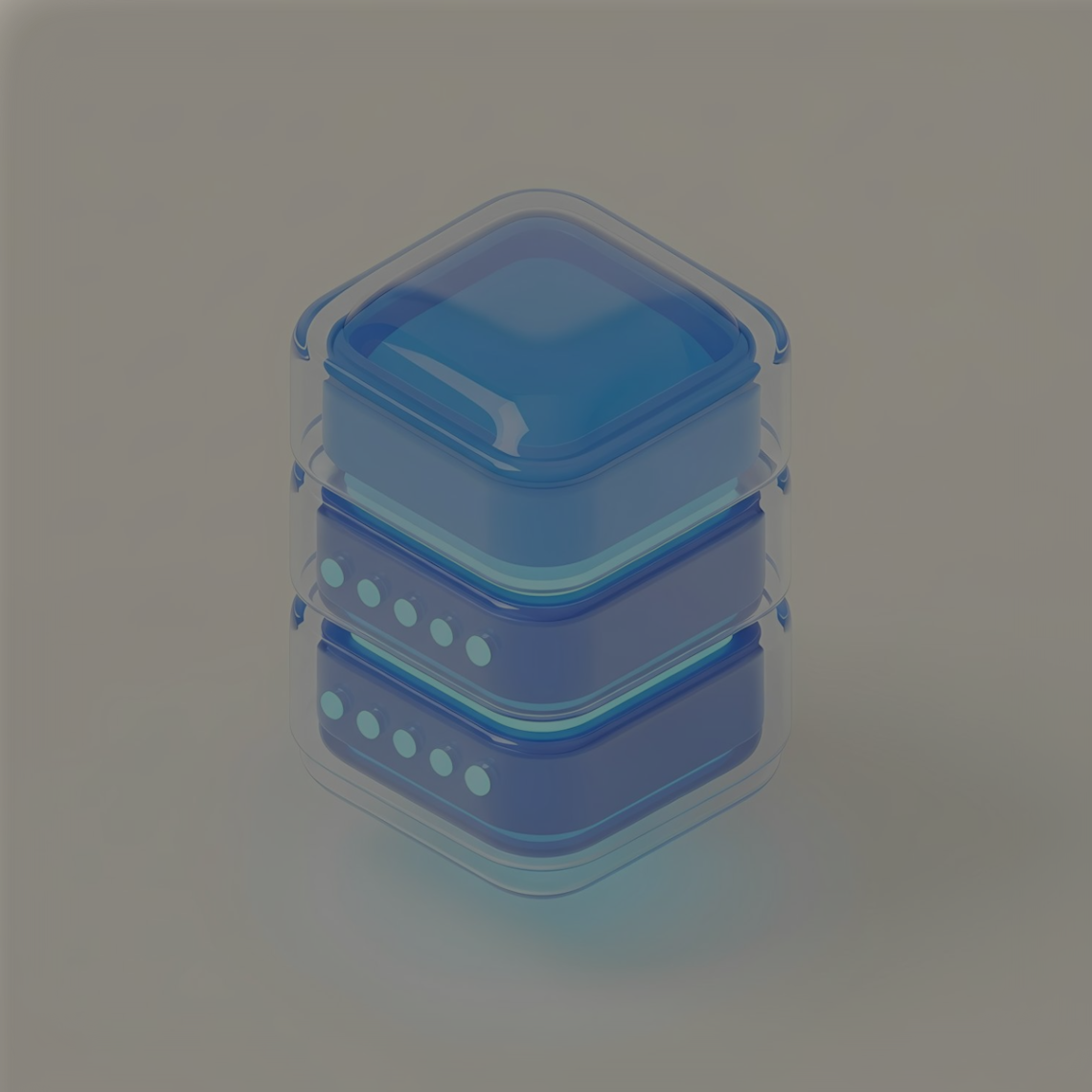The conversation around accelerating IT modernization often lands on the solution of moving to the cloud and advancing cloud native initiatives. The problem? Your team lacks the skills necessary for IT modernization in the cloud.
And you’re not the only one facing it either. According to Spiceworks 2024 State of IT Report, 63% of tech leaders said they find it difficult to hire the IT talent they need.
With IT modernization becoming increasingly crucial for business competitiveness, this skills shortage can severely impact your ability to innovate and scale. Let's explore how to address this challenge head-on.
The Evolving DevOps Landscape
- The shift in required skills: DevOps roles have evolved far beyond their initial focus on scripting languages. Today, programming skills like Java, Go, and Python are becoming essential for DevOps professionals. This shift reflects the need for deeper integration between development and operations, enabling DevOps teams to contribute more meaningfully to the entire software lifecycle.
- The cloud native challenge: As organizations increasingly adopt multi-cloud and hybrid environments, the complexity of managing these systems has grown exponentially. Kubernetes has emerged as a critical tool for orchestrating containerized applications across these diverse environments. This shift has broken down traditional IT silos, necessitating new collaborative approaches and a broader skill set among team members.
Consider the experience of a major e-commerce company that recently underwent a significant digital transformation. Their monolithic application, built over a decade ago, was struggling to keep up with the demands of their growing user base. The company decided to migrate to a microservices architecture using Kubernetes, but they quickly realized their existing team lacked the necessary expertise in cloud native technologies.
How to Bridge the Skills Gap:
- Invest in continuous learning: Encourage your team to expand their skills, especially in programming languages becoming increasingly relevant to DevOps roles. Provide resources and time for learning cloud native technologies and Kubernetes. Foster a culture of continuous improvement and adaptability by recognizing and rewarding team members who actively upskill.
- Rethink your hiring strategy: Look beyond traditional job titles and skill sets when recruiting for DevOps positions. Seek candidates with diverse expertise spanning programming, cloud infrastructure, and automation. Consider global talent pools to access a wider range of skills and perspectives, which can bring fresh ideas and approaches to your team.
- Leverage specialized talent platforms: Utilize platforms like Andela to quickly access pre-qualified digital talent with expertise in DevOps, Site Reliability Engineering (SRE), and cloud engineering. These platforms can help you tap into global expertise and simplify the recruiting and onboarding processes, accelerating your project delivery timelines.
- Implement phased approaches to modernization: Break down monolithic applications into manageable components to make the modernization process less daunting. Gradually migrate to a microservices architecture using Kubernetes, allowing your team to learn and adapt along the way. Implement rolling updates and horizontal scaling to minimize downtime during transitions, ensuring business continuity throughout the modernization process.
- Focus on cross-functional collaboration: Build teams that can effectively communicate complex technical concepts across different departments. Encourage knowledge sharing between traditional developers and operations professionals to create a more holistic understanding of your systems. Create a DevOps culture that breaks down silos and fosters innovation by promoting open communication and shared responsibilities.
A DevOps metamorphosis
A financial services firm faced similar challenges when modernizing their legacy systems. They partnered with Andela to quickly assemble a team of DevOps experts with strong Kubernetes and cloud native skills. This global team worked alongside their existing staff, sharing knowledge and gradually transforming their monolithic architecture into a flexible, scalable microservices environment.
The new system allowed the firm to deploy updates 10 times faster than before, significantly improving their ability to respond to market changes and customer needs. Moreover, the knowledge transfer that occurred during the project left their in-house team better equipped to maintain and further evolve the new infrastructure.
The path forward: Turning skills gaps into stepping stones
Bridging the DevOps skills gap in the era of Kubernetes and cloud native technologies is not just about acquiring new technical skills – it's about fostering a culture of continuous learning, collaboration, and adaptability. By investing in your team's growth, rethinking hiring strategies, leveraging global talent pools, and embracing phased modernization approaches, you can transform this challenge into a catalyst for innovation and competitive advantage.
Remember, the goal isn't just to fill positions, but to create cohesive teams that can drive innovation and efficiency in your increasingly complex IT environments. With the right approach, you can turn the skills gap challenge into an opportunity for growth and technological leadership.
The journey may seem daunting, but the benefits of successfully navigating this transition are immense. Improved deployment speeds, increased scalability, and enhanced ability to innovate are just a few of the rewards waiting on the other side of this skills gap.
Are you ready to take your DevOps capabilities to the next level? Explore how Andela can help you build a global tech team with the specialized skills you need to thrive in the cloud native world. Don't let the skills gap hold you back – seize the opportunity to transform your IT infrastructure and drive your business forward.
Download the white paper to learn more about the skills needed.





.avif)



.png)










